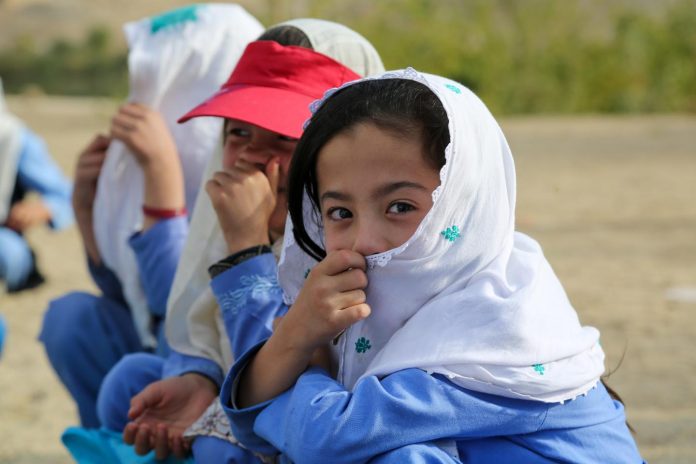
Activists in Afghanistan are up in arms following the closure of girls’ schools for learners above grade 6.
The deputy special envoy of the UN for Afghanistan, Mette Knudsen has termed the decision “discriminatory,” saying that its impact will deeply affect the future generation in “terms of literacy and numeracy and will contribute to the cycle of poverty,” he said.
Islamic clerics in Pakistan released a statement for the Taliban, expressing the need to reopen schools for girls above grade 6 under an Islamic structure.
Women have been holding protests on Afghanistan to condemn the decision, saying it curtails the rights of the girl child to education.
Naveeda Khurasani, a women’s rights activist too expressed her concern and said “We once again call on the Islamic Emirate to immediately reopen the schools for girls.”
Despite multiple claims about 75 per cent of girls resuming education in Afghanistan four months back, the situation is back to square one with an indefinite ban on girls in and above grade 6, not allowed to attend schools.
Former Afghanistan president Hamid Karzai also emphasized that girls must return to school in spring. The head of the US Mission to Afghanistan, Ian McCary also raised concern over the closure of girls’ schools.
Girls’ schools were scheduled to reopen across Afghanistan after months of closure, but the Taliban announced that secondary schools and high schools for girls would remain closed until further notice. This decision was met with strong domestic and international reactions.
The Taliban regime which took over Kabul in August last year has curtailed women’s rights and freedoms, with women largely excluded from the workforce due to the economic crisis and restrictions.
